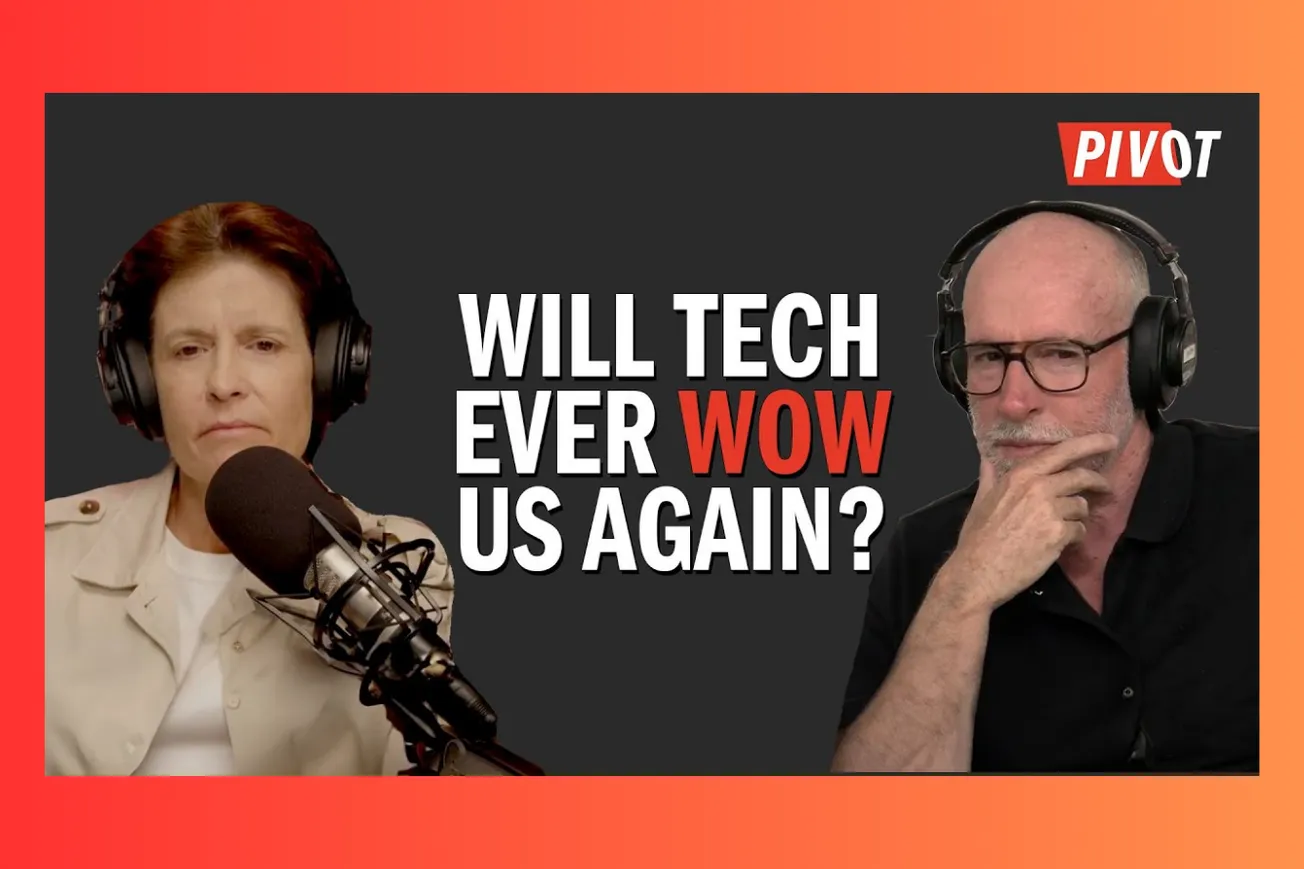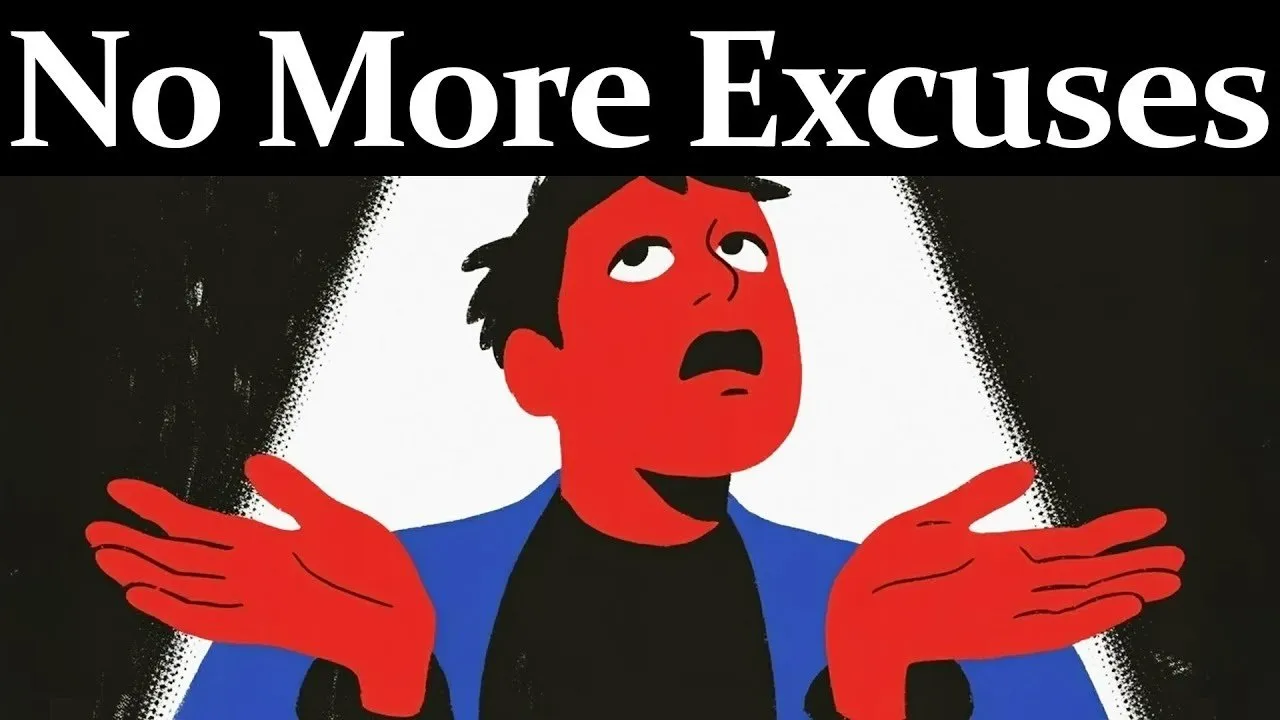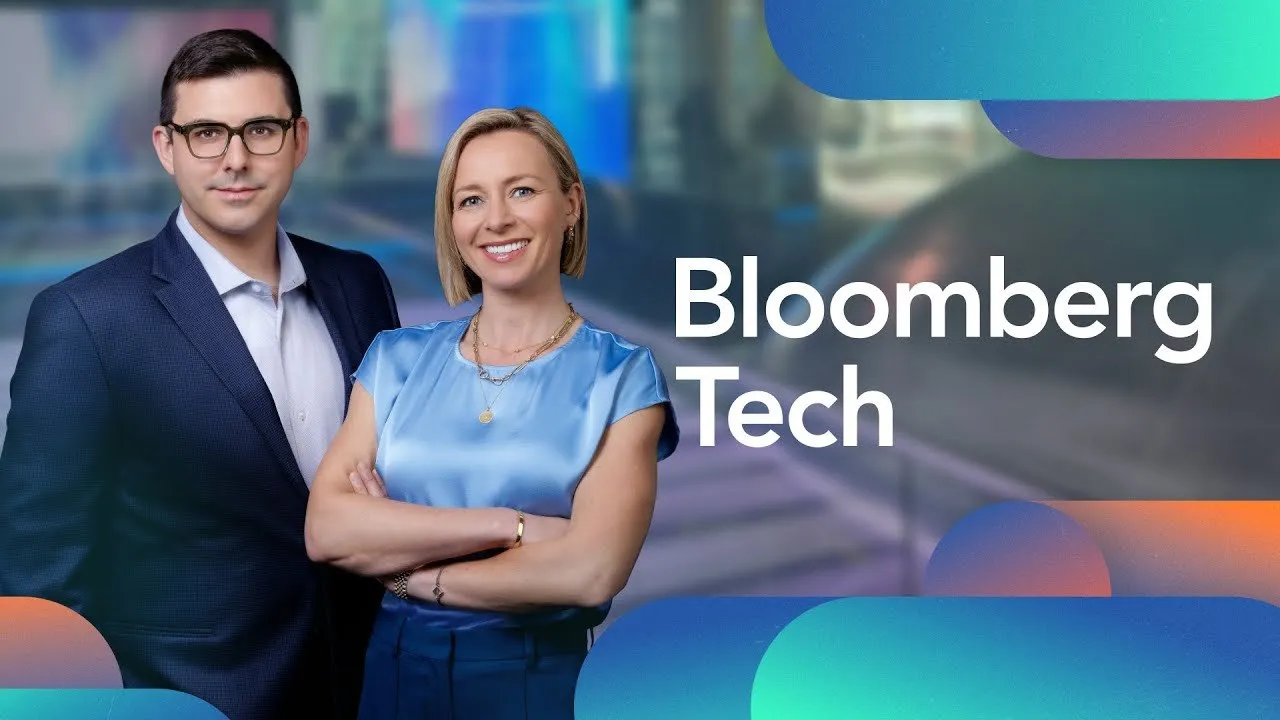Table of Contents
Remember when Steve Jobs pulled the iPod Nano from his coin pocket and you actually gasped? When the iPhone keynote had you literally on the edge of your seat? Those days feel like ancient history now, don't they? We've somehow lost that childlike sense of wonder that used to make product launches feel like magic shows.
Key Takeaways
- The golden age of tech excitement peaked with iconic moments like the first iPhone and MacBook Air reveals
- Social media leaks and constant information flow have killed the element of surprise in product launches
- Modern tech presentations lack the theatrical magic and secrecy that made earlier events captivating
- AI represents the next frontier where genuine excitement might return to technology announcements
- The shift from innovation to incremental improvements has left consumers feeling desensitized
- Corporate events have become formulaic rather than genuinely surprising experiences
- Parental guidance around technology consumption requires new approaches for digital natives
- Career planning in an AI-dominated future demands broader skill sets rather than narrow specialization
- Communication and storytelling skills remain the most valuable assets across all industries
- International tech competition, particularly with China, presents both opportunities and security concerns
The Magic We've Lost: When Product Launches Were Actually Surprising
Here's the thing about those early Apple keynotes - nobody knew what was coming. There weren't endless leaked renders on social media or detailed spec sheets floating around Reddit weeks before the event. When Steve Jobs reached into that manila envelope to pull out the MacBook Air, the collective intake of breath from the audience was genuine. People were discovering something completely new in real time.
The theatricality was part of it, sure. Apple had turned product launches into fashion shows, complete with carefully choreographed presentations and that signature "one more thing" moment. But the real magic wasn't just in the presentation style - it was in the genuine surprise. As one longtime tech observer noted, "The sense of theatricality and the slowness of development" created space for wonder that simply doesn't exist anymore.
- The element of genuine surprise made every reveal feel like witnessing magic
- Slower development cycles meant bigger leaps between product generations rather than incremental updates
- Secrecy was actually possible before the social media age destroyed corporate information control
- Product launches felt like cultural events rather than corporate marketing exercises
Think about the last time you watched a tech keynote and felt genuinely surprised by what you saw. It's probably been a while. Even when companies try to recreate that Apple magic, it falls flat because we've seen it all before. Tim Cook bringing out Coldplay or whoever the celebrity du jour might be just feels like trying too hard to recapture something that's fundamentally changed.
The Social Media Effect: Why Nothing Stays Secret Anymore
The information age has completely transformed how we experience new technology. By the time a product officially launches, we've already seen leaked photos, read detailed specifications, and watched YouTube videos breaking down every possible angle. The surprise is gone before the curtain even rises.
This isn't just about Apple or any single company - it's a fundamental shift in how information flows in our hyperconnected world. Every prototype photo, every patent filing, every hint from a supply chain source gets amplified and analyzed to death. We've created an entire ecosystem of tech journalism that thrives on spoiling surprises months in advance.
- Leaked renders and specifications appear weeks or months before official announcements
- Social media amplifies every rumor and speculation into widespread knowledge
- Tech journalism has shifted from reporting news to predicting and spoiling surprises
- The 24-hour news cycle demands constant content, leaving no room for genuine mystery
- Corporate secrecy has become nearly impossible in the age of global supply chains and social media
The result? We watch product launches not to discover something new, but to confirm what we already know. That sense of discovery, of witnessing something revolutionary for the first time, has been largely eliminated by our own appetite for information.
From Revolution to Evolution: The Incremental Improvement Problem
Let's be honest about something else - a lot of recent tech releases genuinely aren't that exciting. The last several iPhone generations have been "slightly faster, slightly better cameras and whatnot." When your biggest selling point is a marginally improved camera sensor or a processor that's 15% faster than last year's model, you're not exactly dealing with revolutionary territory.
This incremental approach isn't necessarily bad business - it's actually quite smart from a corporate perspective. But it's deadly for generating genuine excitement. When innovation becomes predictable and improvements become marginal, even the most polished presentation can't manufacture the kind of awe that comes from seeing something truly new.
- Technological plateaus mean fewer breakthrough moments and more incremental improvements
- Market maturity has shifted focus from innovation to optimization and cost reduction
- Consumer expectations have evolved to expect constant but minor improvements rather than revolutionary leaps
- The smartphone market exemplifies this shift from revolutionary to evolutionary changes
The Tesla Model 3 launch was one of the last times many people felt genuinely excited about a mainstream tech product, and that was years ago. Since then, we've gotten used to a world where "new" usually means "slightly better than last year's version."
The AI Exception: Where Wonder Might Return
Interestingly, artificial intelligence represents one area where genuine surprise and excitement still seem possible. The rapid development of AI capabilities has created moments that feel genuinely magical - seeing GPT generate coherent text, watching AI create art, or experiencing real-time language translation that actually works.
As one tech industry observer noted, "The AI stuff is pretty dramatic." There's something about AI that still feels unpredictable, still capable of surprising us in ways that feel genuinely new rather than just incrementally better.
- AI development still produces moments of genuine surprise and capability leaps
- The unpredictability of AI advancement creates space for wonder that other tech sectors have lost
- Video production tools and creative AI applications demonstrate truly new capabilities rather than improvements
- The potential for AI-focused product launches to recapture some of that original tech magic
The challenge for companies like OpenAI is how to present these capabilities in ways that capture public imagination. Sam Altman and his team have an opportunity to create the kind of theatrical, genuinely surprising product launches that the tech industry has been missing. Whether they'll seize that opportunity remains to be seen.
The Corporate Theater Problem: When Events Become Formulaic
Modern tech events have become exercises in corporate theater rather than genuine showcases of innovation. Companies follow predictable formulas - bring out executives who lack natural charisma, pad presentations with celebrity appearances, and try to manufacture excitement through production values alone.
The problem isn't just that current tech leaders aren't as naturally charismatic as Steve Jobs (though that's certainly part of it). It's that the entire approach has become formulaic. We know exactly what to expect: the setup, the product demonstration, the pricing reveal, the availability announcement. There are no genuine surprises in the structure itself.
- Corporate presentations have become predictably structured rather than organically surprising
- The ensemble approach to presentations dilutes individual charisma and narrative focus
- Celebrity appearances feel forced rather than naturally integrated into product stories
- Production values can't compensate for fundamental lack of genuine innovation or surprise
When you're checking your phone during a product launch because you're bored, something has gone fundamentally wrong with the experience. The production might be beautiful, the venue might be impressive, but if there's no genuine surprise or innovation to reveal, all the theater in the world can't create excitement.
Beyond Tech: Where Excitement Has Migrated
Here's something interesting - that sense of theatrical excitement hasn't disappeared entirely. It's just moved to different arenas. Political rallies, major sporting events, even some movie premieres still generate genuine excitement and surprise. The capacity for collective wonder is still there; it's just not being triggered by technology anymore.
This suggests that the problem isn't with audiences becoming jaded, but with the tech industry losing its ability to genuinely surprise and delight. The infrastructure for excitement still exists - it's just not being activated by incremental processor improvements and slightly better camera sensors.
- Political events and entertainment still generate genuine collective excitement
- The human capacity for wonder hasn't diminished, just shifted to other areas
- Tech companies could potentially recapture this excitement with genuinely revolutionary products
- The theatrical elements that made early tech launches special could be revived with the right innovations
Parenting in the Age of Ubiquitous Technology
The conversation about declining tech wonder connects to broader questions about how we're raising children in an age of constant technological stimulation. When everything is available instantly and nothing feels genuinely surprising, how do we help kids develop healthy relationships with technology?
The challenge isn't just about screen time or content filtering - it's about helping children maintain a sense of wonder and critical thinking in a world designed to be constantly stimulating but rarely genuinely surprising. This requires more intentional approaches to technology education and media literacy.
- Time restrictions often work better than content restrictions for managing technology use
- Direct, honest conversations about technology's effects work better than avoidance strategies
- Encouraging physical activities and real-world engagement provides necessary balance
- Children need help understanding the difference between engineered engagement and genuine value
The key insight is that technology consumption, like any other consumption, benefits from intentional boundaries and thoughtful engagement rather than either complete restriction or complete permissiveness.
Career Strategy in an Unpredictable Future
The decline in tech excitement also reflects broader uncertainty about the future of work and technology. When innovations feel incremental and predictable, it's easier to plan careers around them. But when genuine disruption feels rare, how do you prepare for an unpredictable future?
The answer seems to be building broadly applicable skills rather than betting on specific technologies or industries. Communication, creativity, and adaptability remain valuable regardless of what specific technologies emerge or disappear.
- Broad skill development trumps narrow technical specialization in uncertain times
- Communication and storytelling abilities remain consistently valuable across industries
- Creative and physical skills provide resilience against technological displacement
- Early work experience teaches practical skills that pure academic training cannot provide
The most successful approach seems to be developing a foundation of fundamental skills while remaining curious and adaptable about emerging technologies, rather than trying to predict and specialize in specific future developments.
The Global Competition Dimension
The discussion about declining tech excitement also intersects with concerns about international competition, particularly with China. Companies like BYD are creating genuinely innovative products that feel fresh and exciting in ways that many American tech products no longer do.
This creates an interesting tension - we want innovative, exciting products, but we're also concerned about the security and competitive implications of embracing innovations from geopolitical rivals. The challenge is maintaining openness to genuine innovation while addressing legitimate security concerns.
- Chinese companies like BYD are creating genuinely innovative products that feel exciting again
- Innovation doesn't respect national boundaries, creating both opportunities and challenges
- Security concerns about data collection and surveillance are legitimate but complex
- Competition from international innovators could potentially reinvigorate domestic innovation
The key is finding ways to encourage genuine innovation and competition while addressing legitimate security concerns, rather than using security concerns as excuses to avoid competitive pressure.
Looking Forward: Can Wonder Return?
The question isn't whether technology will continue to advance - it obviously will. The question is whether we can rediscover that sense of wonder and surprise that made technological progress feel genuinely exciting rather than just commercially inevitable.
This might require fundamental changes in how companies approach product development and presentation. It certainly requires moving beyond incremental improvements toward genuinely revolutionary capabilities. And it probably requires finding ways to preserve some element of surprise and discovery in our hyperconnected, leak-prone information environment.
The capacity for technological wonder hasn't disappeared - it's just waiting for something genuinely worthy of wonder. When that next breakthrough comes, whether it's in AI, transportation, communication, or something we haven't imagined yet, we'll probably discover that our sense of childlike excitement was just sleeping, not dead.
The question is whether we'll recognize it when it arrives, or whether we'll be too busy checking our phones to notice that something genuinely magical is happening right in front of us.





